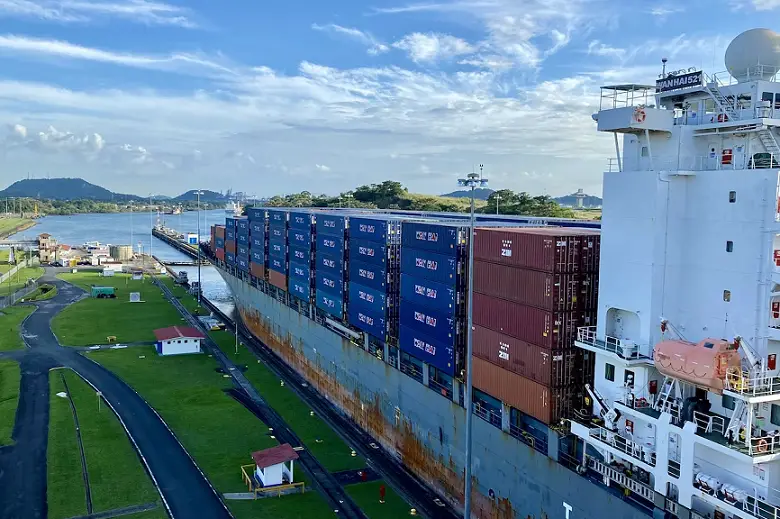As cargo ships have been diverted from the Red Sea due to the threat of attacks from Houthi rebels operating out of Yemen, global logistics companies have seen the costs of ocean and air freight skyrocket.
In a CNBC report this week which cited industry experts, it was noted that global supply chains are being threatened by the crisis yet again, following three chaotic years of struggles due to inflationary pressures and pandemic-era disruptions.
According to logistics companies, the ocean freight rate for a 40-foot container from Shanghai to the UK has risen from $2,400 last week to a present cost of $10,000. In the Middle East, the rates for truck shipping have reportedly more than doubled.
OL USA CEO Alan Baer said in an interview with the outlet, “During Covid, we had a slower build-up in freight prices due to the impact the pandemic had on the global supply chain.”
Bauer added, “What we are experiencing here is a light switch event where vessels are being redirected in real time. But, that said, in certain trade lanes you are seeing freight rates going up between 100% to 300%. This does not appear to be totally driven by changes in supply and demand.”
As of Thursday morning, according to the report, 2.1 million cargo containers on 158 vessels were rerouted away from the Red Sea. Based on MDS Transmodal estimates of there being about $50,000 worth of cargo per container on average, the value of this cargo would be about $105 billion.
CNBC had reported previously that the first ocean carrier to hike rates was MSC, the largest ocean carrier in the world. They hiked their cargo rates from India by 30-40%.
Baer said, “To many, the jump in rates from India to the USEC [US East Coast] from approximately $2,000 per 40-foot container to $7,000 per 40-foot container in just 30 days appears egregious. Is this rate increase really the level required to recover costs, or are they simply taking advantage of an unfortunate situation for the entire global community?”
Global carriers began diverting shipments after travel suspensions were imposed due to reports on Monday that at least two ships had been targeted with drones launched from Yemen. Diverted ships which previously would have passed through the Red Sea and the Suez Canal on their way traveling between the Indian Ocean and the Mediterranean Sea now must divert their course all the way around the southern tip of Africa.
Houthi rebels have claimed they are only targeting ships which are either associated with Israel, or heading to or from Israeli ports, as retaliation for Israel’s actions in Gaza. However at least one ship which was attacked seemingly showed no connection to Israel.

